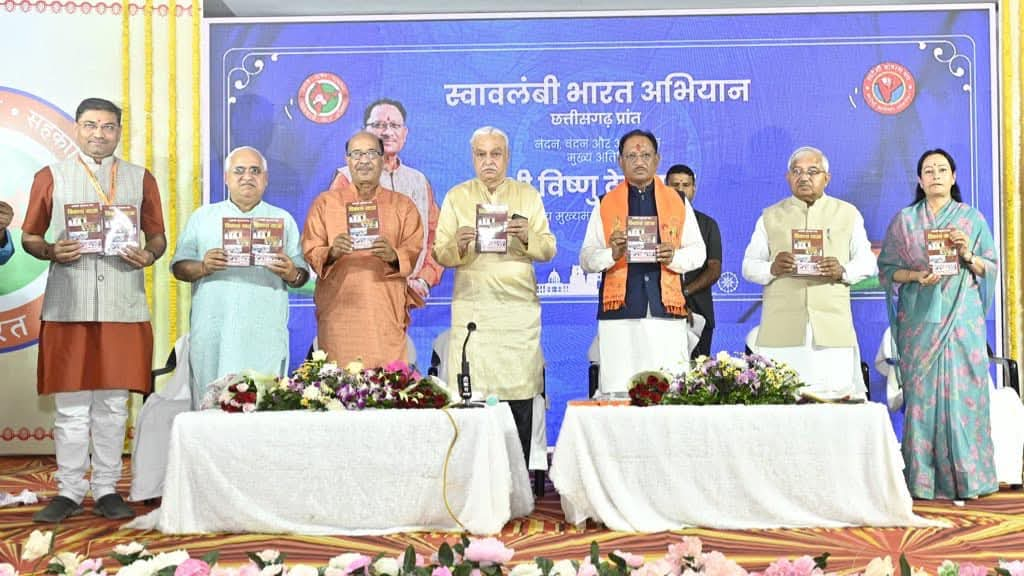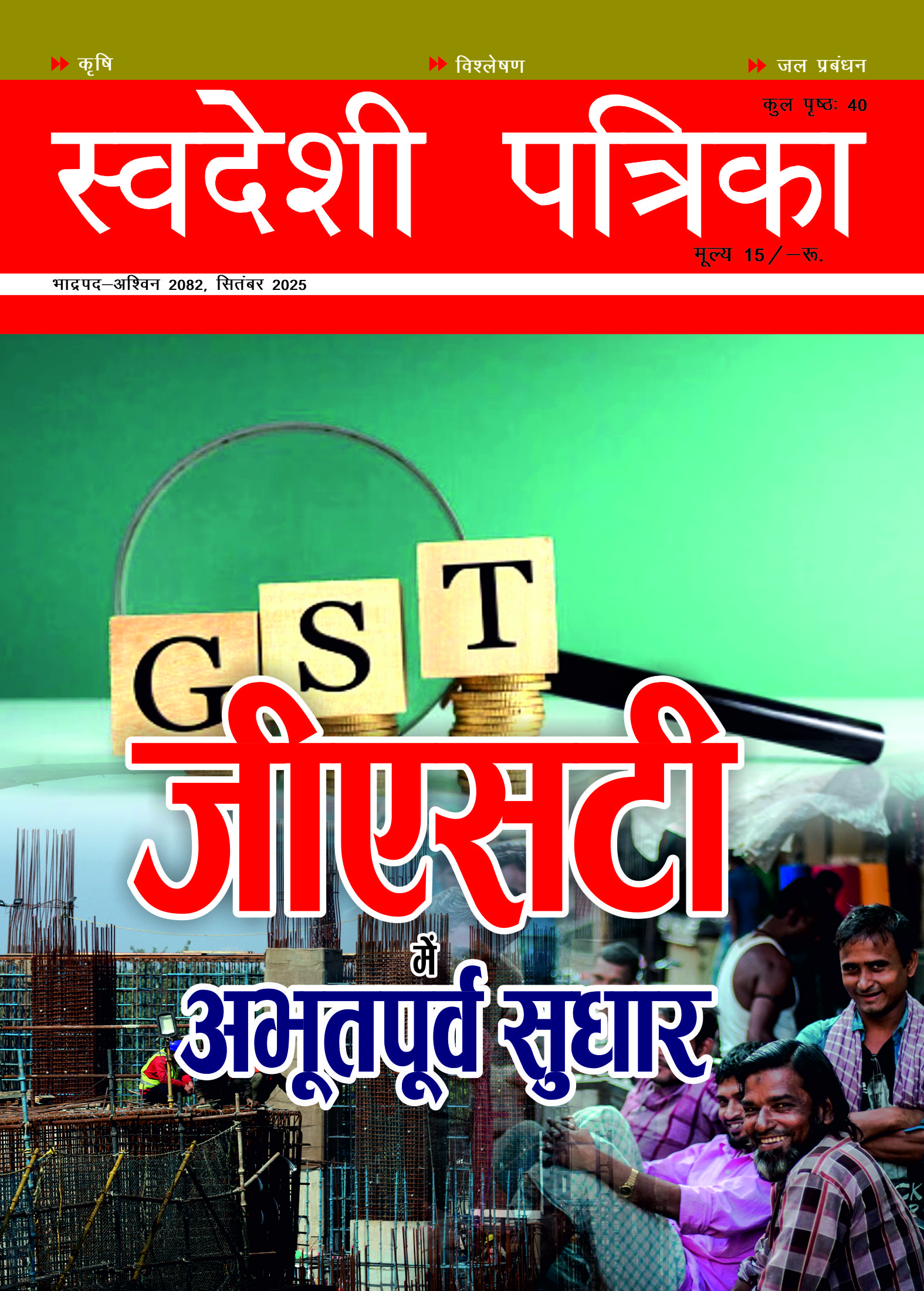
Resolution - 2 (NCM - Raipur (Jharkhand) - 9-10 March 2025)
Protect Interests of Farmers and Small Industries, while Negotiating Indo-US Bilateral Trade Agreement
After taking over as President of USA, Donald Trump has launched a frontal attack on the global free trade system by announcing his intent to impose higher tariffs (on reciprocal basis) on imports from many countries around the world. It intention is to bring back manufacturing in USA so that issue of unemployment is addressed.
If we go into history, it was US and its allies only who had pushed the world towards free trade, especially with the advent of World Trade Organisation, introducing rule based global trading system. However, it secured a distinct right to impose country specific tariffs, if it wishes to do so. In spite of extensive protest from Swadeshi Jagran Manch, the then Government in Bharat signed the WTO agreement on the dotted lines.
Since 1990s, a belief has been gaining ground that the policy of liberalization, globalization and privatization is the only way forward for the world, especially developing countries though Swadeshi Jagran Manch was always against liberalisation and globalisation as was being presented.
The US, once the biggest supporter of free trade and a rule-based global trading system, has suddenly realised under Donald Trump that for decades it has bought more goods from the rest of the world, than it sold, due to which US has been facing huge trade deficit. In 2024, USA's had a huge trade deficit of 918.4 billion US dollars. Now Donald Trump wants to reverse this situation. But it is worthwhile to know the background of initial negotiations at WTO. The developed countries, including USA, in bargain with developing countries, allowed imposing higher tariffs on goods than developed countries for accepting new issues in GATT and signing agreements on TRIPS, TRIMS, agriculture and services.So it was a bargain at that time which America is now consciously ignoring. The WTO system greatly benefited the US and other developed countries, as it paved the way for a strong patent and other IPRs (Intellectual Property Rights) regime, which benefited their pharma and other companies, by way of royalties for their IPR, opened the doors of developing countries for investment by multinational companies and opened markets for US agricultural products in developing countries including India.
Donald Trump understood very well that America’s free trade policy is somehow responsible for slowdown in economy and increasing unemployment as it allowedcheap imports from China. To deal with this situation, Donald Trump is imposing reciprocal import duties on many countries including China, Canada, Mexico, Britain, South Korea and Bharat. Right from its inception, Swadeshi Jagran Manch, has been fighting against unequal WTO agreements, adversely impacting our public health, farmers, industry and the common man. While making it very clear that SJM is not against promoting international trade, we firmly believe that multilateral trade agreements are not good for the economy, as there is no point giving Most Favoured Nation treatment to all countries. Government of Bharat has also stated that bilateral arrangements are going to be the order of the day as Multilateralism is on its way out.
In the last five years, Bharat has decided to promote the manufacturing of all those goods in the country, in which it was dependent on other countries including China, through the policy of Atmanirbhar Bharat. This policy has also started giving dividend. Bharat will have to prepare its industries for global competition in a protective environment.
In view of a frontal attack of US on our exports, on an illegitimate argument that India imposes higher tariffs, and likely increase in tariffs by them, once again underlines the importance of Swadeshi.
National Council of Swadeshi Jagran Manch strongly suggests that Bharat should enhance its foreign trade with bilateral trade agreements rather than multilateral trade agreements. However, while entering into bilateral trade agreements with US and other countries, national interests should be protected, especially our farmers and small entrepreneurs.
In the past we have observed that in the last 10 years, government has been protecting the interests of farmers and their livelihood, while negotiating trade agreements, whether it was a regional trade and investment agreement, RCEP, from it withdrew, due to concerns of its adverse impact on dairy and agriculture. This policy needs to continue, so far as agriculture small industry is concerned, especially where livelihood of farmers and workers is involved.
SJM appreciates the Government’s effort to enhance foreign trade in Indian Rupee however, efforts should also be to ensure foreign currency and payment system like SWIFT should are not allowed to be used as pressure tactics.
The whole world is passing through a syndrome of geo- economic fragmentation and the key to success in this scenario is the policy of “Nation First” based on the philosophy of SJM.
National Council of SJM also urges upon patriotic citizens of Bharat, that it’s time that wherever domestic produce, both agriculture and industrial, are available, we should use Bhartiya products only. They are also entered encouraged to use to use Ayush for their wellness to reduce reliance on reliance on patented medicines.
SJM also believes and advocates that encouraging entrepreneurship at the grass root level and village led development will be the right economic growth path for Bharat.


